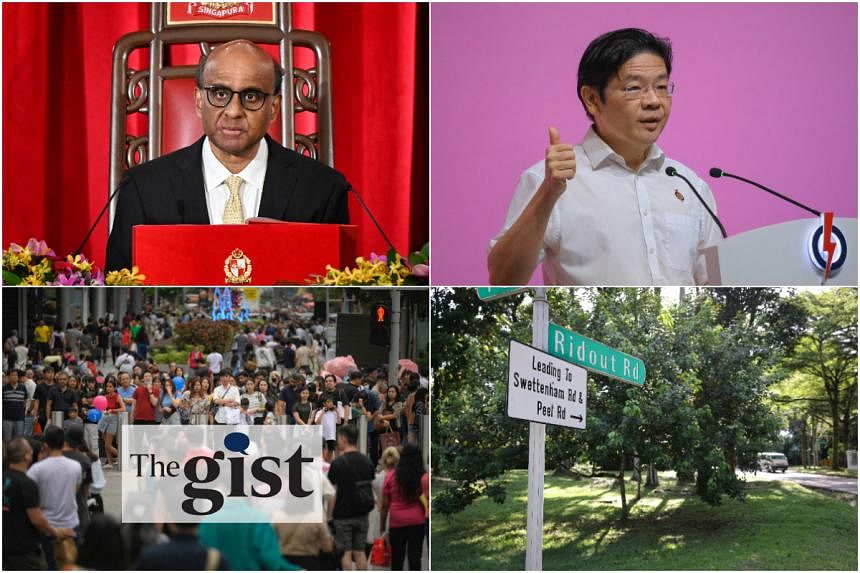SINGAPORE - It has been a hectic year for politicians, with a hotly anticipated presidential election and various controversies involving MPs from both sides of the aisle.
The Straits Times looks back at five things that happened in the political sphere in 2023.
1. Presidential election
The presidential election was contested by three candidates – former senior minister Tharman Shanmugaratnam, 66; former GIC investment chief Ng Kok Song, 75; and former NTUC Income chief Tan Kin Lian, 75.
Sept 1 was the first time Singaporeans went to the polls to elect a president since 2011, with no contest in 2017 when Madam Halimah Yacob took office.
Mr Tharman won the election with the lion’s share – 70.41 per cent – of the vote. Mr Ng took home 15.72 per cent, while Mr Tan improved on his 2011 showing by close to 9 percentage points, garnering 13.87 per cent of the vote.
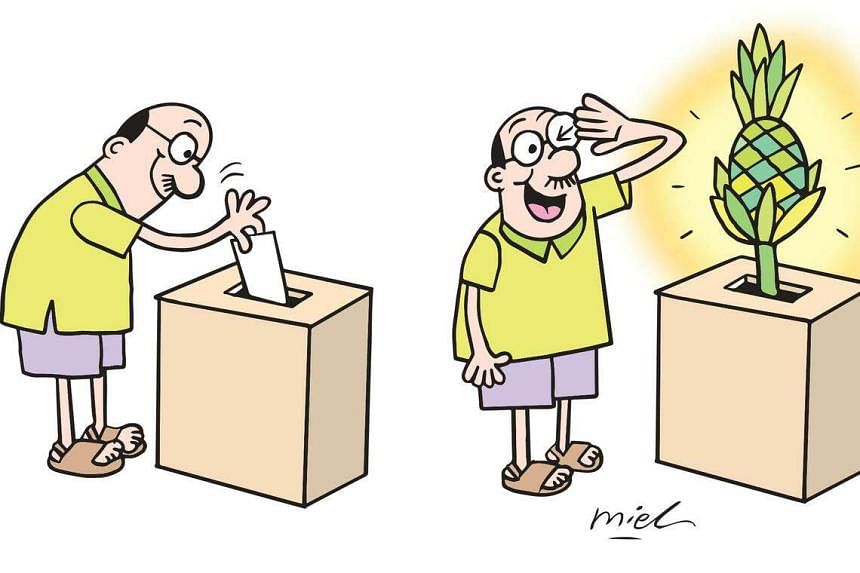
Why it matters
Mr Tharman’s strong mandate reflected his personal popularity and fit for the role, observers said.
Mr Tharman said that, during his six-year term, he intends to nurture a Singapore where people have deeper respect for one another. This builds on his campaign slogan of “Respect for All”.
Among other things, the election results demonstrated voters’ greater understanding of the roles and duties of the president, noted Prime Minister Lee Hsien Loong at the swearing-in ceremony of Mr Tharman. “Singaporeans understood that they were choosing a president for the nation, and not electing the next government.”
Pundits might try to read into these results as a forecast for the outcome of the next general election, due to be held by 2025. But observers have made clear that other issues – such as the cost of living and an increasing appetite for political contestation – will impact the People’s Action Party’s (PAP) performance.
2. 4G succession
Deputy Prime Minister Lawrence Wong will lead the PAP’s fourth-generation team in the next general election, taking over the reins from PM Lee ahead of the polls.
PM Lee said in November: “Lawrence has told me that he is ready... I have full confidence in Lawrence and his team, and there is no reason to delay the political transition.”
He added that he plans to hand over the reins of government by the PAP’s 70th birthday in 2024. The party was set up on Nov 21, 1954.
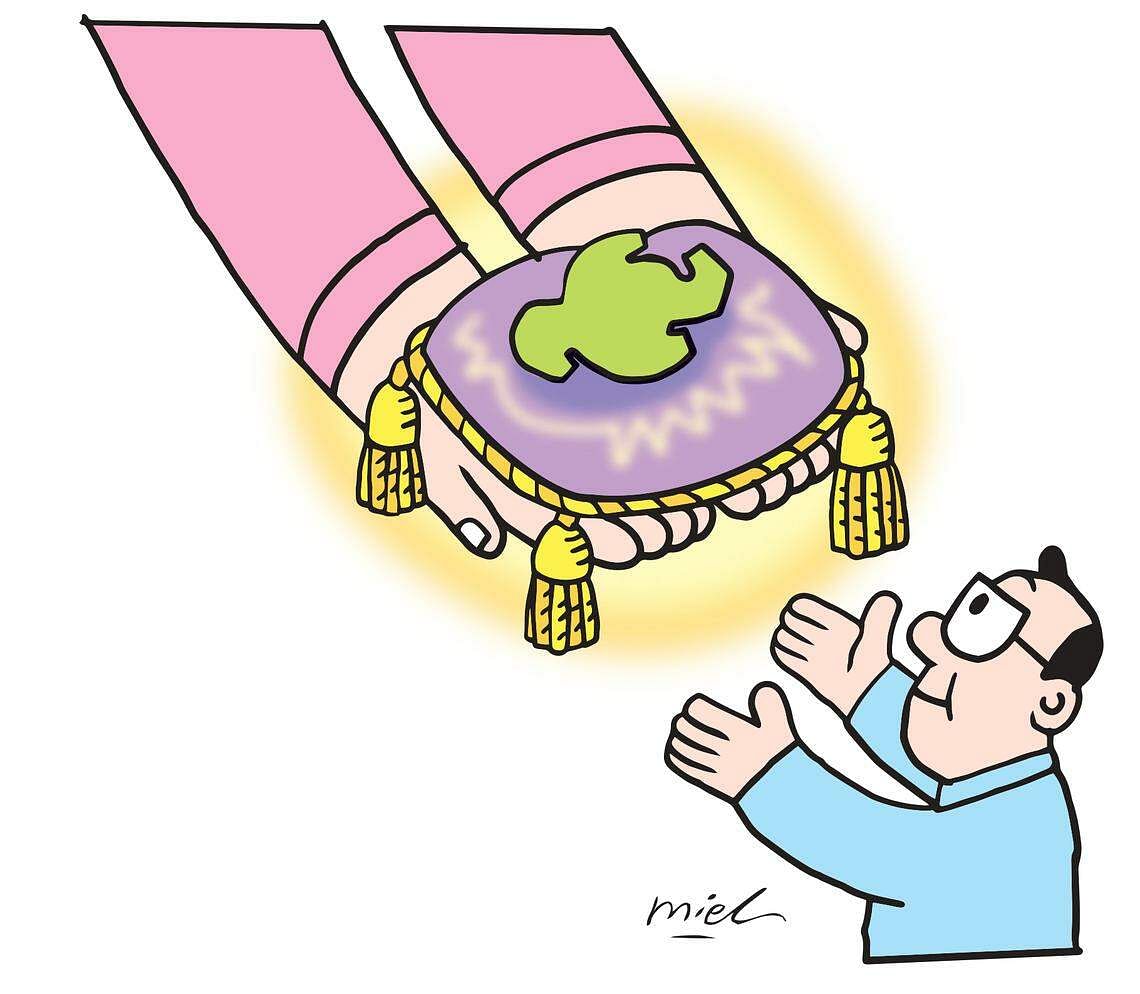
Why it matters
The next general election is due to be held by November 2025.
The handover would mean DPM Wong will lead his party in the next general election campaign, and win his own mandate.
PM Lee said DPM Wong and the 4G team have been serving for many years and earned their spurs during the Covid-19 pandemic.
Increasingly, they are setting the national agenda, such as through the Forward Singapore exercise, he added.
The handover would mark the end of PM Lee’s stint as head of government, a role he has held since 2004.
He had originally hoped to step down before his 70th birthday in February 2022, but later said he would see Singapore through the Covid-19 pandemic.
During this period, he has overseen infrastructural changes such as the development of Marina Bay, as well as socio-economic policy moves like the Progressive Wage Model and the Pioneer and Merdeka Generation Packages.
Elections under his watch have seen the shift towards smaller group representation constituencies. Following the 2020 polls, PM Lee formalised the office of the Leader of the Opposition, recognising Workers’ Party (WP) chief Pritam Singh in the role.
3. Forward Singapore
More than one year of engagement sessions with over 200,000 Singaporeans in the Forward Singapore exercise culminated in a 180-page report, released in October, to set out the path for the nation’s future.
Following the exercise headed by DPM Wong, the report fleshed out moves the Republic aims to make in the coming years in order to stay cohesive amid a time of change.
These include extending a greater helping hand to groups such as the less well off, mid-career workers and seniors.
More will also be done to ensure Singaporeans’ basic needs at every life stage will be met, in areas such as education, retirement, healthcare and housing.
Why it matters
The nationwide engagement exercise is the first large-scale project headed by DPM Wong and his 4G team after he was unveiled in April 2022 as the leader of the PAP’s fourth-generation team.
Should the PAP win the next general election, this road map will be the foundation of policies formulated by DPM Wong and his government.
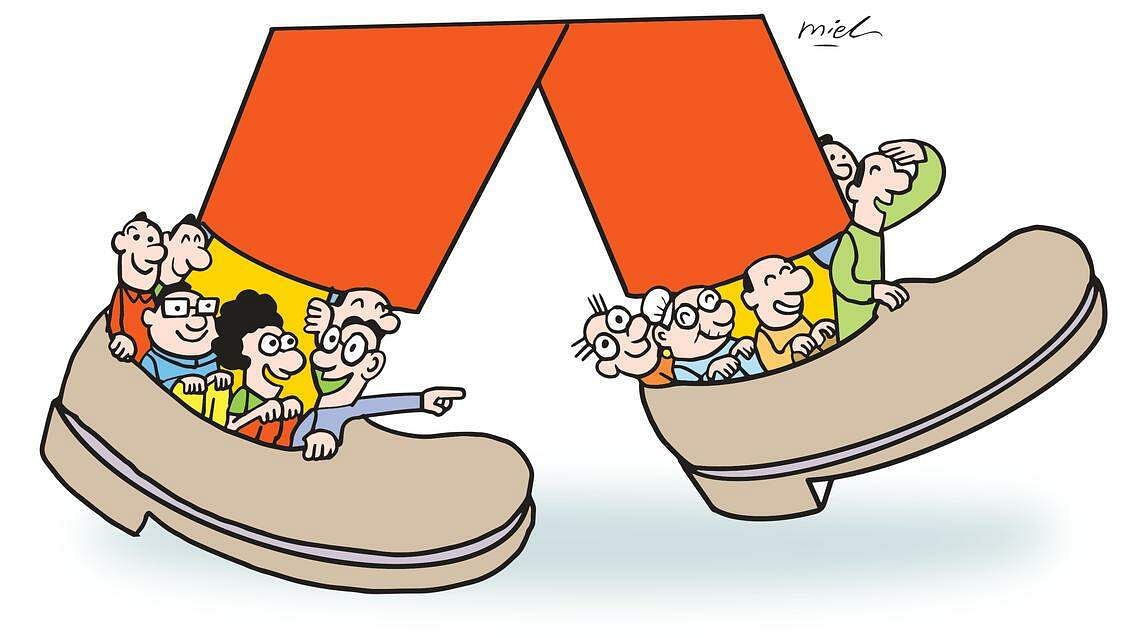
Apart from concrete policy changes, the report articulates mindset shifts required for Singapore to achieve the goals set out, such as taking a wider definition of success and establishing a stronger sense of collective responsibility towards one another.
“It will not be possible for the Government alone to do everything through policy changes, nor is it possible for any individual to succeed on his or her own efforts alone,” said DPM Wong at the launch of the report.
4. MPs vacating seats in Parliament
Four seats in Parliament were vacated in 2023 arising from different incidents – a situation Singapore has never experienced since its independence.
In July, former senior minister Tharman Shanmugaratnam stepped down from his posts in Government, as well as his role as a Jurong GRC MP, and resigned from the PAP after announcing his bid for the presidential election.
About a week later, former Speaker of Parliament and Marine Parade GRC MP Tan Chuan-Jin and former Tampines GRC MP Cheng Li Hui resigned following the disclosure of their affair.
Later that week, former Aljunied GRC MP Leon Perera resigned after a video circulated of him with then senior WP member Nicole Seah. WP chief Pritam Singh said they both resigned after they lied to the party about their affair.
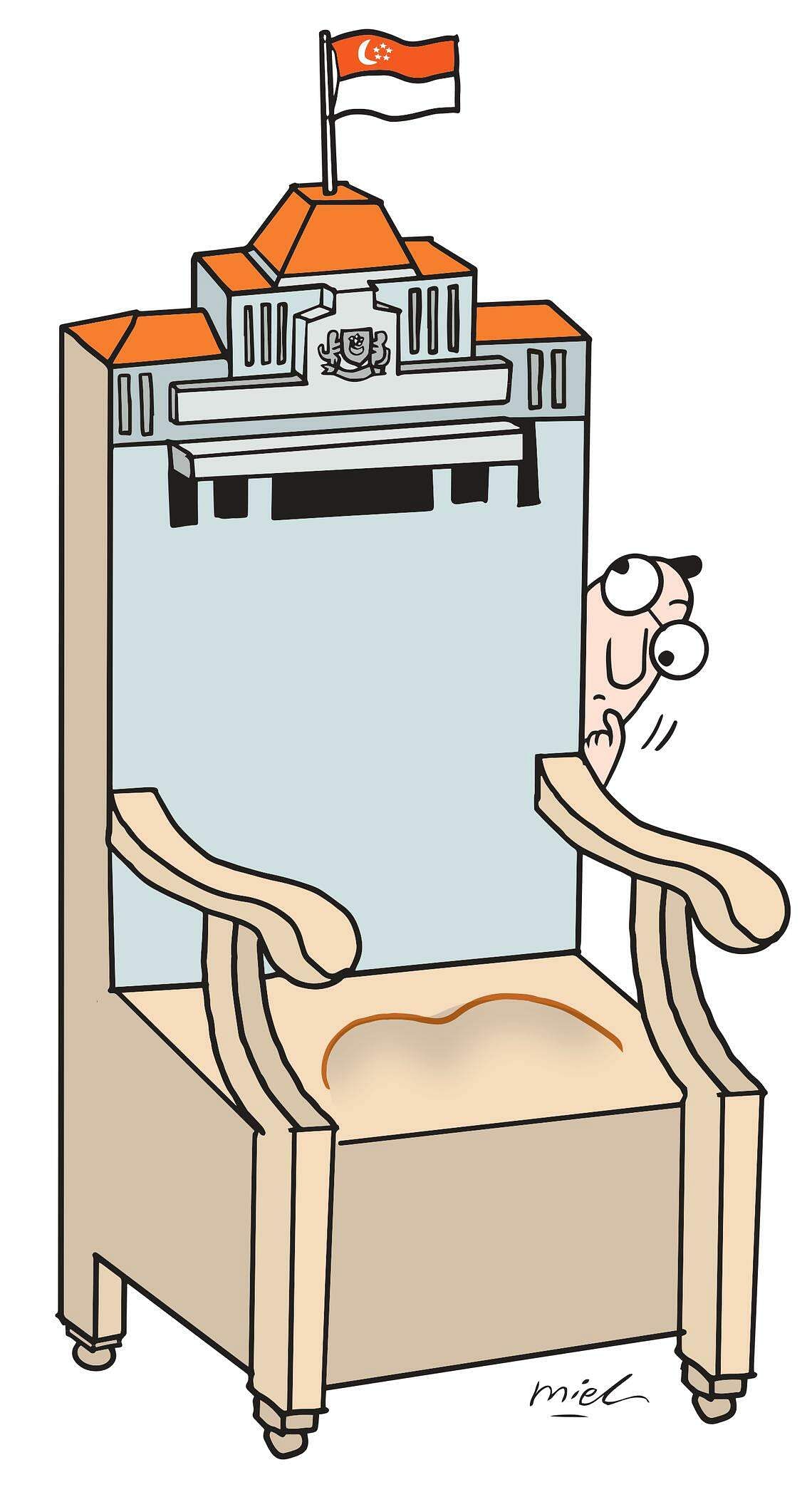
These incidents brought the total number of vacant seats in the House to five. The fifth seat has been vacant since November 2021, when former WP MP Raeesah Khan, who was representing Sengkang GRC, resigned after lying in Parliament.
In addition, Transport Minister S. Iswaran has been on a leave of absence, since July 2023, from his ministerial and MP duties, until a Corrupt Practices Investigation Bureau (CPIB) probe into him is complete.
Why it matters
Singaporeans raised questions over whether there was a need for by-elections to fill the gaps, or if the work of Parliament would be affected.
Observers told ST then that the law did not dictate the need for a by-election as the vacancies were in group representation constituencies.
There was also no practical implication on the work of Parliament, though voters from constituencies with vacant and leave-of-absence seats might not be fully represented in the legislative process.
While most incidents regarding these vacancies were resolved after the resignations of the MPs involved, the probe into Mr Iswaran remains ongoing and will be something to look out for in 2024, especially as the country gears up for the next general election.
5. Ridout Road
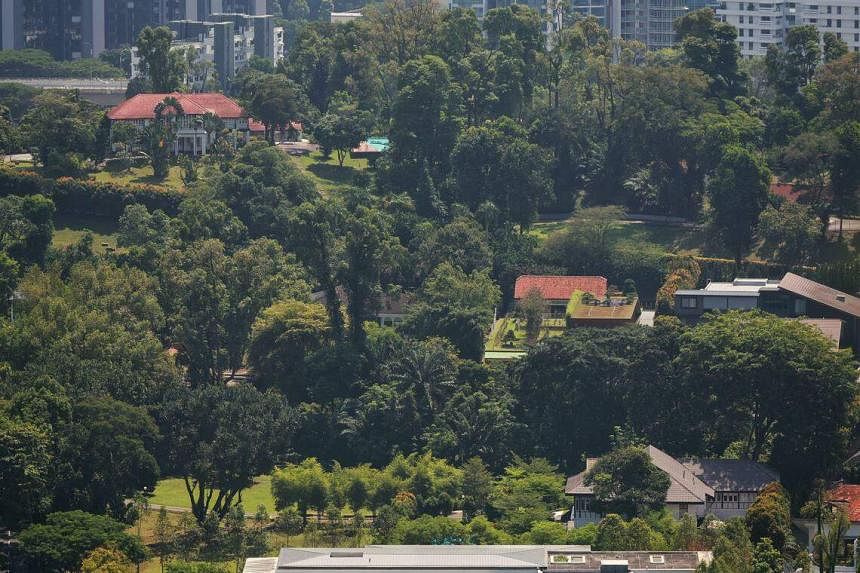
In May 2023, it emerged that two ministers – Law and Home Affairs Minister K. Shanmugam and Foreign Minister Vivian Balakrishnan – were renting black-and-white bungalows at 26 and 31 Ridout Road respectively.
A subsequent CPIB probe, ordered by PM Lee, found no evidence of corruption or criminal wrongdoing in the rentals of these state properties.
Senior Minister Teo Chee Hean, who is also Coordinating Minister for National Security, was tasked to conduct a review, which found that the ministers had conducted themselves properly in the two transactions.
“There was no abuse of power or conflict of interest resulting in the ministers gaining any unfair advantage or privilege,” the report said.
The two reports were discussed in Parliament in July, along with related parliamentary questions filed on the matter.
Why it matters
The discussion in Parliament spanned close to six hours.
One point of debate related to whether or not the two ministers had taken actions that could, in hindsight, be perceived as a conflict of interest.
The ministerial code of conduct states that a minister must scrupulously avoid any actual or apparent conflict of interest between his office and his private financial interests.
At the time, SM Teo noted that: “Once the actual conflict of interest and a potential conflict of interest have been removed, that should dispel the perception of conflict of interest in any fair-minded person.”
It was also announced that to prevent conflict of interest, public servants who have access to or are involved in government property leasing or valuation matters would soon have to make a declaration before they can rent such properties managed by their agencies.
SM Teo emphasised the importance of a clean government and upholding integrity among those in public service – whether elected or public officers.
